John Jay Goes Purple to Bring Awareness to Domestic Violence
November 11, 2019
John Jay students filled the campus while sporting purple t-shirts to represent awareness, strength, and show solidarity for victims of domestic violence.
The Women’s Center for Gender Justice (WCGJ) organized an open event on October 24th, allowing John Jay students to share their personal thoughts and ideas with others who might have experienced or witnessed such abuse while learning about resources that can help them.
Emily Garcia, a third-year John Jay student, and WCGJ volunteer was at the center’s table in the atrium helping to run the event.
“We want this to be a special day for people to socialize and to get to know each other in a judgment-free zone,” Garcia said.
Domestic violence is increasingly becoming a prevalent issue in the United States and across the globe. According to a WCGJ flyer from the event, abuse at home is the leading cause of injury to women — more than car accidents, muggings, and rapes combined.
Michelle Garcia, the Deputy Director of WCGJ, emphasized that intimate partner violence has become “deeply embedded and normalized” in today’s society. She continued by saying that one month of awareness “just isn’t enough” to understand how impactful it can be to our communities.
Students were lined up in the school’s atrium to pick up their own purple Domestic Violence Month John Jay t-shirts. The front said, “End Domestic Violence” in big white bold letters, making students’ sentiment and support known across campus.
George Espinal, who works inside the Mayor’s office as the Citywide Community Coordinator, was in attendance. He had a friendly, warm smile, and seemed delighted at the sight of students gathered and engaging in genuine conversation throughout the atrium.
Espinal made it a personal priority to attend the event, and shared that his mother was a survivor of domestic violence. He said his mother’s strength was what has ultimately motivated him to get to where he is in his career while working to end domestic and gender-based violence.
Espinal spends his days speaking to people all across New York City who are witness to, or victims of domestic violence. He also handles other significant issues, like sex trafficking and animal abuse.
“Sometimes I’ll get a call at midnight from someone I gave my business card to on the street telling me, ‘Hey I need help,” Espinal said.
Espinal is very passionate about his work, but like most public service positions, he also finds it can be extremely exhausting, noting that the injustices he tackles are so complex and widespread.
However, he described his experiences to be extremely rewarding, especially when he hears back from those he speaks to, and learns that they’re doing better.
Lourdes Colon, a freshman at John Jay College, has been a witness to the ugly reality of domestic violence. She openly shared her vivid experiences.
“My father used to punch my mother in the face, slap and throw her around the room, and throw things at her,” Colon said. Her parents are no longer together, but the lasting emotional impact it seems to have made on Colon is now affecting how she views dating in her own life.
“It just made me never want to have a boyfriend,” she said. “The flashbacks have never left my mind.”
After Colon’s mother left her father, her mother entered another abusive relationship, one that Colon describes as being less obvious.
“My mother’s decision-making in terms of relationships makes me think that I’m guided in a direction where I’ll make the same choices, and that’s what scares me the most,” Colon said.
A significant ramification within intimate partner violence cases is that children are often witnesses to the abuse, and they are typically too young to understand or know what to do. Colon wished she would have known what was going on to stop it by either intervening or getting help from someone else.
Colon was brave and courageous to share her personal experiences and said she’s not embarrassed to talk about her home life because she sees it as a common issue.
“Over half of my friends have been in abusive relationships and knowing it can happen to me prepares me to take notice of early signs to avoid ending up in a similar situation,” she said.
Domestic violence has been considered a fatal epidemic, striking people not only in New York City but across the globe. With countless students huddled together in the John Jay Atrium, and many others rolling through campus wearing their purple shirts like armor, the WCGJ achieved their ultimate goal – awareness.
Colon has advice for anyone suffering in a similar situation.
“Tell someone or get another adult involved,” she said. “There are plenty of services out there for domestic violence prevention.”
One resource on the John Jay campus is the Women’s Center for Gender Justice.


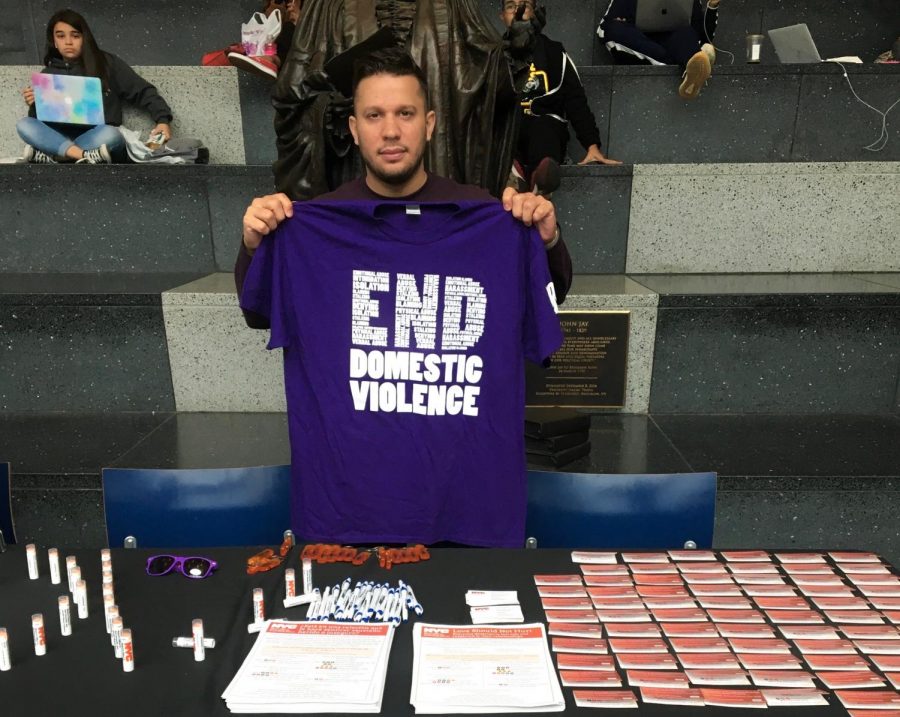

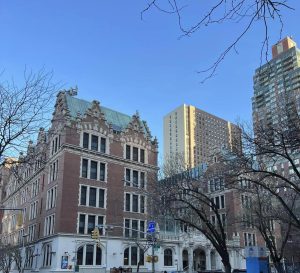


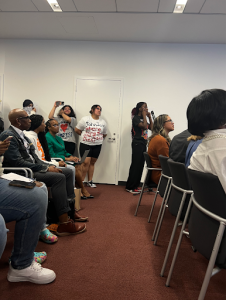
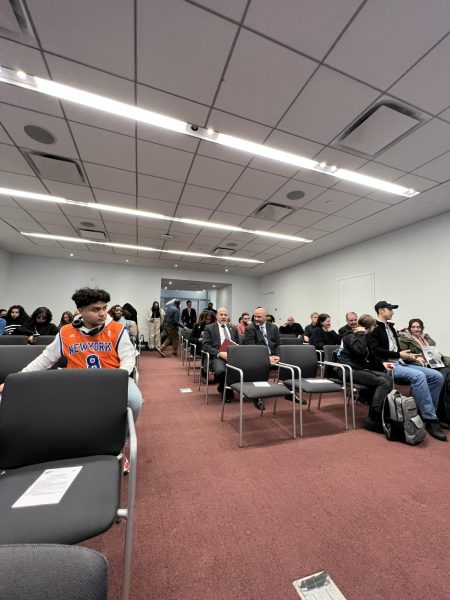
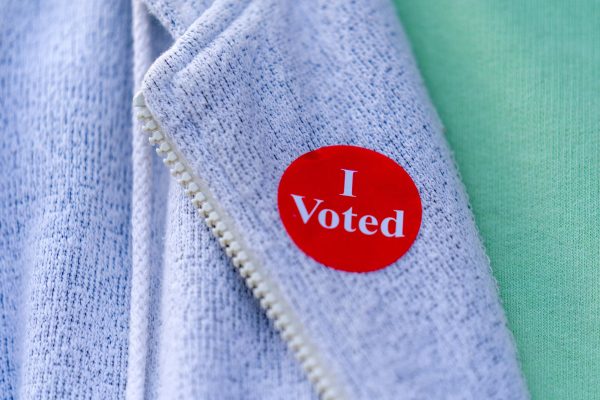

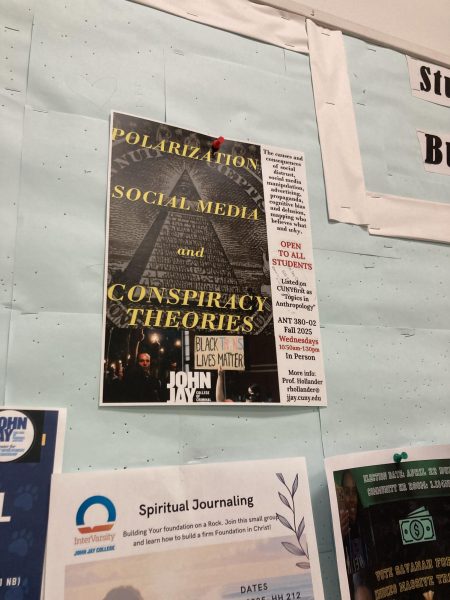
Tessa • Nov 11, 2019 at 10:26 pm
Thank you for bringing awareness to this– such a big thing that is talked about so little. Great article
Adam • Nov 11, 2019 at 2:47 pm
Terrific and important article. The clarity of the writing is superb.